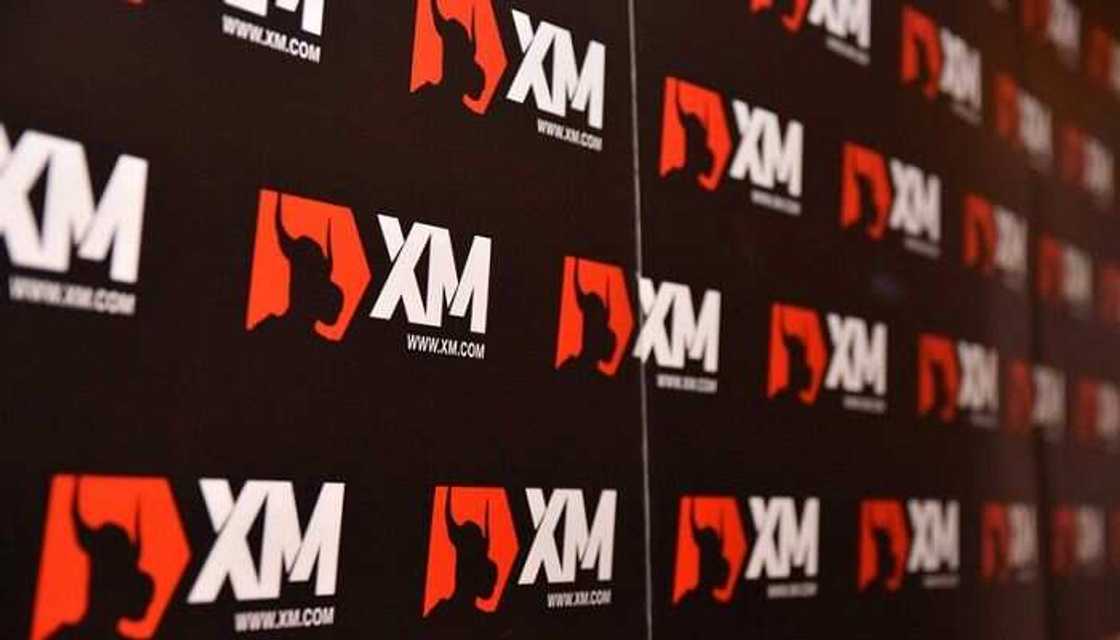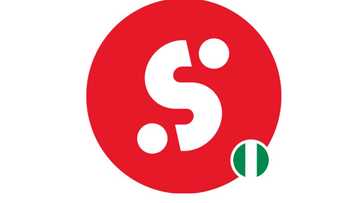XM Broker: Build your Investments Like Building your House
Building a house is not so different to building your investment targets and portfolio. When you build a house, you first lay the foundations to hold up the walls of your house. When investing, consider education to be the foundation holding up the walls that will be the key to your success.
PAY ATTENTION: Click “See First” under the “Following” tab to see Legit.ng News on your Facebook News Feed!

Source: UGC
These walls are:
1. Broker
2. Method
3. Money
PAY ATTENTION: Share your outstanding story with our editors! Please reach us through info@corp.legit.ng!
4. Mind
5. Map
In this article, we’ll discuss the walls that hold up your investment ‘house’.
Whether you are self-taught or decide to take more structured training – to develop your talents to the fullest and realize your earning potential it’s necessary that you cover all these areas.
Broker
There’s never been a better time to be an investor however we are seeing more new firms entering the space. That can make it especially hard for investors to find a broker that’s the right fit. We did some research and found you the best broker in the market. Let us introduce XM and explain why choosing XM as a first-choice broker?
With over 5,000,000 clients since it was founded in 2009, XM has grown into a large and well-established Multi-Awarded FinTech Company and has become a true industry leader.
XM fosters sustainable workforce development through a wide spectrum of cultures and approaches your needs with openness to cultural, national, ethnic, and religious diversity. The advanced trading platforms and flexible trading conditions suit a diverse global clientele. Their expertise is derived from extensive experience and in-depth knowledge of the global financial markets. They are dedicated to delivering superior services in currency trading, along with CFDs, cryptocurrencies, equity indices, precious metals, and energies.
But XM is not only that, the core value of the broker is also FREE EDUCATION.
They have a dedicated research and Educational online centre that offers daily updates in 20 different languages on all the major trading sessions along with multiple daily briefings, Live rooms, Videos, and tutorials on all critical market events which daily shape the global markets.

Read also
Full text emerges as Buhari answers questions from international media outfit on corruption, security, economy
Method
There are different ways to trade the financial markets. You might be an aggressive intraday trader looking to achieve earnings within one day, or you might be an institutional investor and prefer to spread your gains over a longer period based on the macroeconomic environment. To develop your ‘method’ you will need to understand the behaviour of the financial markets, know about price action, and be competent in using charts and conducting technical analysis. Once you have a good handle on these basics, you begin to practice trading and begin to define and refine a method that works for you. The aim is to develop a method that you are comfortable and confident with. As your skills and competence grow, you’ll come to develop more than one method so you can pick and choose which is best under different market conditions.
Money
Learning to manage your trade capital is one of the linchpins to being a successful trader. To protect your funds and limit the amount of potential loss, ensure you use a stop order. Placing a take-profit order is also recommended as you will see in the section on ‘map’. Make sure you understand how to calculate both stop loss and take profit orders based on the other parameters of your trade (how much you plan to invest, the volume of your trading). Most traders simply fail as they don’t put good money management into practice.
They don’t plan what they are willing to risk, or even work out basic entry and exit points, or if they do, they don’t stick to the plan.
Mind
Developing critical thinking and having a piece of broad knowledge is crucial to operating successfully in the markets. One of the most common factors holding investors back from making the money they could truly be making is their own minds. Without the right attitude, mindset, and discipline, all the best-laid plans can quickly become meaningless. When fear or greed takes hold, bad decisions can quickly take over. Developing the mindset required to trade prudently and successfully is easier said than done. You need to be disciplined and grow your problem-solving skills in case where your trades don’t go in the direction you anticipated. If you’ve developed your method and put your money management practices into place, then trust them. Refine and change them when you have the benefit of hindsight. Learn to think, decide and act using impartial, non-emotional judgement.
Map
What is the first thing you do when you build a house? You draw up the blueprint or the plans to the house. In fact, your draw up more than one plan, you have your building plan, electrical plan, plumbing plan and more. Your trading plan is the map you will follow when you enter the markets. Your map sets out your goals and the route you will take to achieving them and will outline the other three M’s we’ve covered above – method, money, mind. First, decide on your ‘method’ – do your analysis, work out what instrument you will trade on which market, decide on your entry point (the price rate and time) and also plan your exit strategy (at what price you will close the deal). Next, work on the ‘money’ aspect of your plan by ensuring you’ve put your risk management in place with stop loss and take profit orders – setting these in place will particularly help you with the ‘mind’ aspect. Now review your ‘map’, have you set realistic goals and objectively identified your trades? Have you conducted thorough analysis? If not then you are not trading, you’re gambling.
If you’re ready, then go ahead and enter the market and don’t forget the ‘mind’ – trust your plan and stick to it.
The financial markets are impersonal, dynamic, profitable, risky, fun and the master of no man. People are often so excited to get into the markets that they forget to carry out some or any of the steps above. You wouldn’t leave out one of the walls when building your house, why would you miss one of the ‘walls’ integral to your investing?
[Sponsored]
Source: Legit.ng






